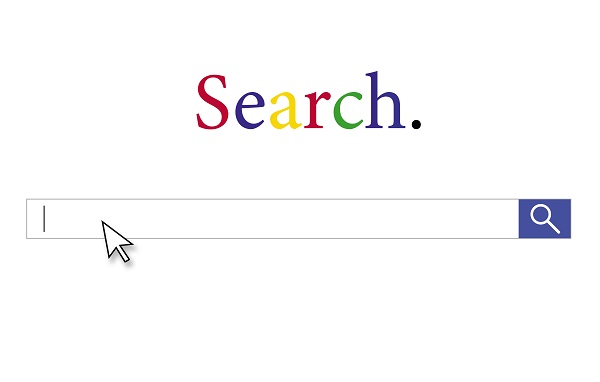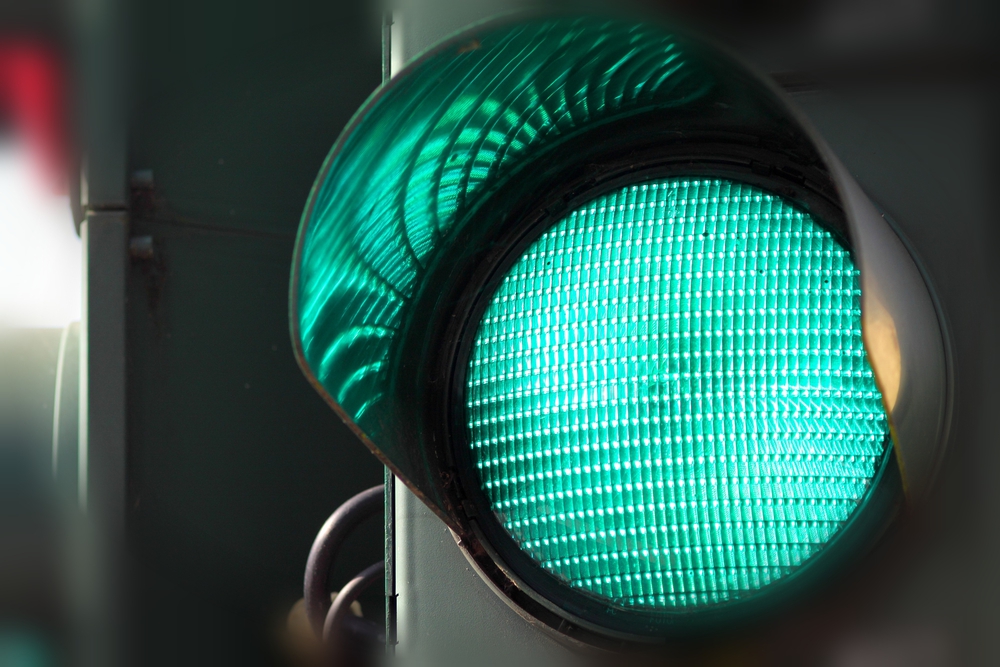3 Secrets to Making Search Engine Marketing Your Secret Weapon

By: Zach Weeks
The internet is an ever-expanding marketplace. Yet, it’s full of websites and brands competing for a consumer’s finite attention. This is why it can be difficult to grow brand awareness online.
Although social media advertising is not new, it has evolved. Better localization capabilities and audience targeting are now available on social media platforms. As a result, we’ve seen an explosion in adoption as companies shift marketing budgets to social media.
The largest companies in the insurance industry now take full advantage of practices in paid search engine marketing (SEM) to get to a customer’s eyes first. As a result, being on the first page of search results has become more complex. This is especially so for independent insurance agencies with limited marketing budgets.
But it’s not impossible if you have a strategy. Here are three facts to keep in mind as your agency tackles SEM:
1) Pay-per-click advertising (PPC) is valuable. Businesses are gravitating toward PPC—a model in which an advertiser pays a publisher when the ad is clicked—for one simple reason: return on investment.
PPC ads are among the top three generators of on-page conversions, according to Formstack. And nearly two-thirds of clicks made by users who intend to make a purchase go to paid ads, according to Wordstream.
2) Context makes you stand out. You might be asking yourself how you can compete when it comes to PPC and buying keywords. The answer is context.
To better understand what I mean by context, let me first provide you with some, well, context. A contextual keyword is a more specific keyword—one that your carefully determined targeted audience is searching for.
For example, when I search for “auto insurance” in Google, big players—State Farm, Progressive and GEICO—occupy the top ad space for this keyword. They paid a lot of money to maintain this ad space. It’s just not cost-effective for small insurance agencies to compete for these generic insurance keywords.
What if instead, I search the keyword phrase “what is the best independent insurance agency near me”? Larger insurance providers still appear highly in the ad section, but so do local agencies.
This is an excellent example of the space you want to target with your advertising budget. It also demonstrates how a little bit of context added to your keywords can make an impact.
3) Be specific and get local. A company I previously worked for relied heavily on holding conferences to motivate buyers. Competitors held conferences for the same reason.
We knew attendees at the competitor’s conference would be on their phones during a three-day gathering. They would browse social media and share their experiences. We also knew they would find directions, restaurants and entertainment with their phones during downtime. Search engines are perfect for that.
We decided to localize ads within a 10-mile radius on social media and search engines for the duration of a competitor’s conference. As a result, we saw a significant increase in traffic to our website during this period.
The rule of thumb for winning the context battle: Get local and think specific.
Zach Weeks is content marketing specialist at ITC, a leading provider of marketing, rating and management software and services to the insurance industry, including independent agents and insurance carriers.










